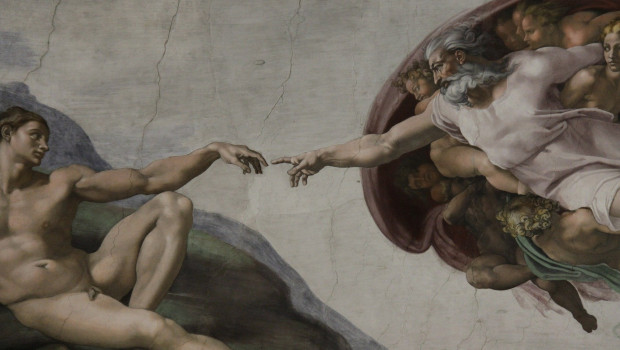Pope trying to arrange person-in-person meeting with Russian President

News surfaced on Tuesday of the Roman Catholic Pope's efforts to try to convince the Kremlin to end the fighting in Ukraine, but to no avail as of yet.
At the start of the war, Pope Francis took the unusual step of visiting the Russian embassy before the Holy See with that aim and roughly three weeks later the Vatican's top diplomat was instructed to petition for a meeting in person with President Vladimir Putin.
In an interview with Italian daily Corriere Della Sera, Francis also said that he warned the Patriarch of the Russian Orthodox church, Kirill, that he could not become Putin's altar boy.
The message delivered to the Kremlin was that "I was willing to go to Moscow. Certainly, it was necessary for the Kremlin leader to allow an opening. We have not yet received a response and we are still insisting".
Francis reportedly added: "I fear that Putin cannot, and does not, want to have this meeting at this time. But how can you not stop so much brutality?"
The Pope also insisted on the need to visit Moscow before visiting Kyiv.
"First, I have to go to Moscow, first I have to meet Putin [...] I do what I can. If Putin would only open a door."
"We (in reference to Kirill) are pastors of the same people of God. That is why we have to seek paths of peace, to cease the fire of weapons. The patriarch cannot become Putin's altar boy."
As an aside, the Pope also said that on 21 April, he had been told by Hungarian President, Viktor Orban, that Moscow had a plan to end everything on 9 May, the holiday marking the defeat of the last nazi forces in Berlin during World War II by Russian troops.
Francis also mused out loud regarding the reasons behind the conflict, saying that perhaps "Nato's barking at Russia's door" prompted the reaction from the Kremlin, triggering the conflict.
"An anger that I cannot say if it was provoked," he added, "but perhaps facilitated."
The Pontiff also said he did not know whether it was correct to supply armament to Ukraine, explaining that it was a matter that divided both Catholics and pacifists.
Wars were started to test weapons, as occurred during the Spanish Civil War, just before World War II, he said.